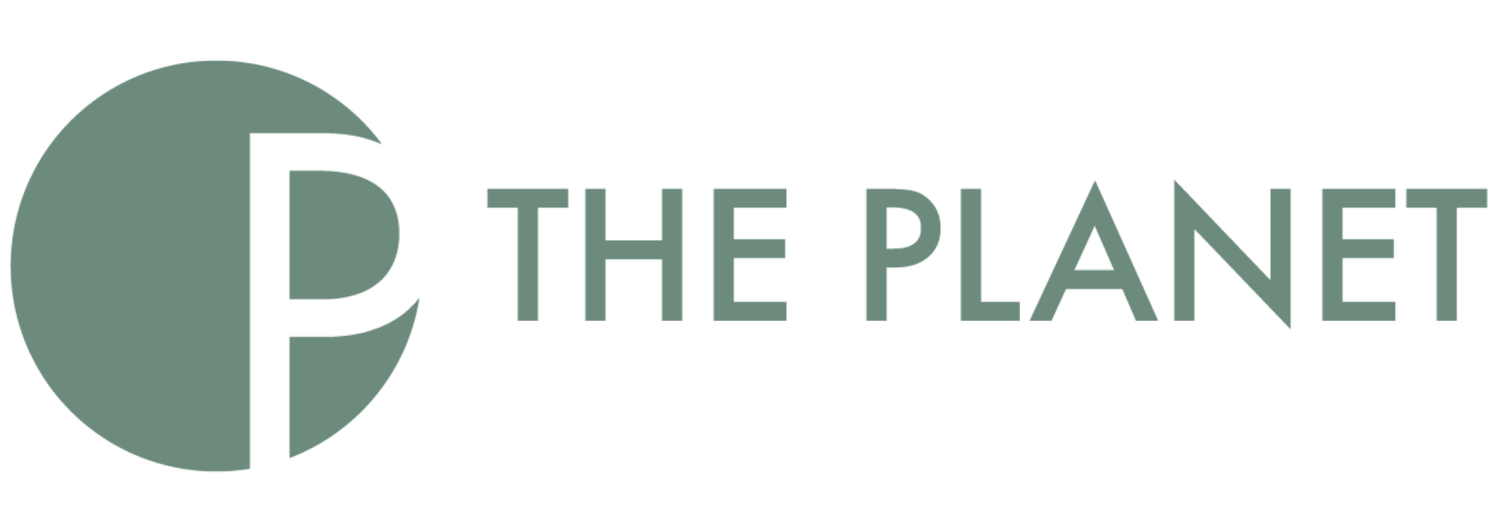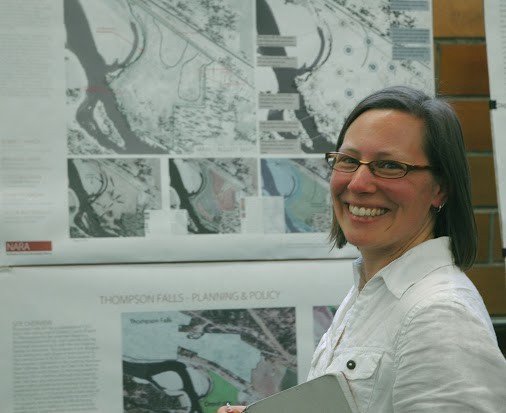Profile: Tammi Laninga
By Planet Staff
What’s your occupation? What classes do you teach?
Assistant Professor, but just got my promotion letter; I’ll be an Associate Professor in the fall! I teach courses in the Urban Planning & Sustainable Development program including: History of Planning, Land Use Regulations, Community Development, and Planning Studio, as well as a Huxley capstone course, Environmental Impact Assessment, an Environmental Studies core course, Environmental History and Policy, and a seminar for Huxley graduate teaching assistants.
Besides teaching, what other projects are you involved in currently?
I have a bunch of different things going on. To list a few — I’m advising three graduate students, and am a committee member for several others. One of my graduate students and I are working on a Sustainable Recreation Strategy for the Entiat Ranger District in the Okanogan-Wenatchee National Forest. I’m part of a group of faculty from across the country developing a River Field Studies Network, and I’m the WWU advisor for the River Studies & Leadership Certificate. This year I’m also chairing the Environmental Studies Department’s Community & Equity Committee.
How would you describe yourself in two sentences?
I’m a dedicated teacher/scholar who brings passion and compassion to my work. I’m energetic, enthusiastic, and a strong team player that aims to make positive contributions to the communities where I live and work.
How did your Huxley education inform your career path?
I earned a BS in environmental policy, which gave me a solid foundation and grounding in environmental science, policy, analysis, and design. It set the trajectory for me ultimately finding my way into a PhD program in Design & Planning at the University of Colorado. I hadn’t started out thinking I would be a professor, but I knew I wanted to work at the knowledge/action boundary where actionable science informs decision-making. It turns out, working as a professor affords me the opportunity to do just that!
What’s the most rewarding part of your job? What’s the least?
I have a couple: I enjoy advising, and helping students figure out the courses that will get them the knowledge and skills they need to meet their future career goals. I also enjoy working with students and community partners through WWU’s Sustainable Communities Partnership, where students gain hands on experiences and communities benefit from innovative and out-of-the-box ideas. I also love teaching, but grading is one of those aspects of the job that is time consuming and can be tedious.
How has your understanding of environmental issues changed since you were a student?
I have come to recognize that environmental issues are intertwined and interconnected with social justice in ways that were not as evident when I was a student in the early 1990s. During my undergraduate years, I learned about, and was concerned with, protecting and preserving “the environment,” which I equated with national parks and forests and wilderness areas. Environmental issues are much broader and have disproportionately more negative impacts on low-income and communities of color than others. This broader perspective now influences my teaching, scholarship and service.
If you could address one pressing environmental concern now, what would it be?
One thing that’s really been weighing on me is our housing affordability crisis due to local zoning regulations that stipulate mostly single-family homes, rather than allowing for a range of housing types. Zoning also restricts density, causing our cities to sprawl, making us car-dependent, and ultimately impacting our health and well-being. By reforming zoning rules to allow for increased density, we could address several environmental issues — reducing GHG emissions, reducing energy demand, preserving farmland and forests, and so much more.

